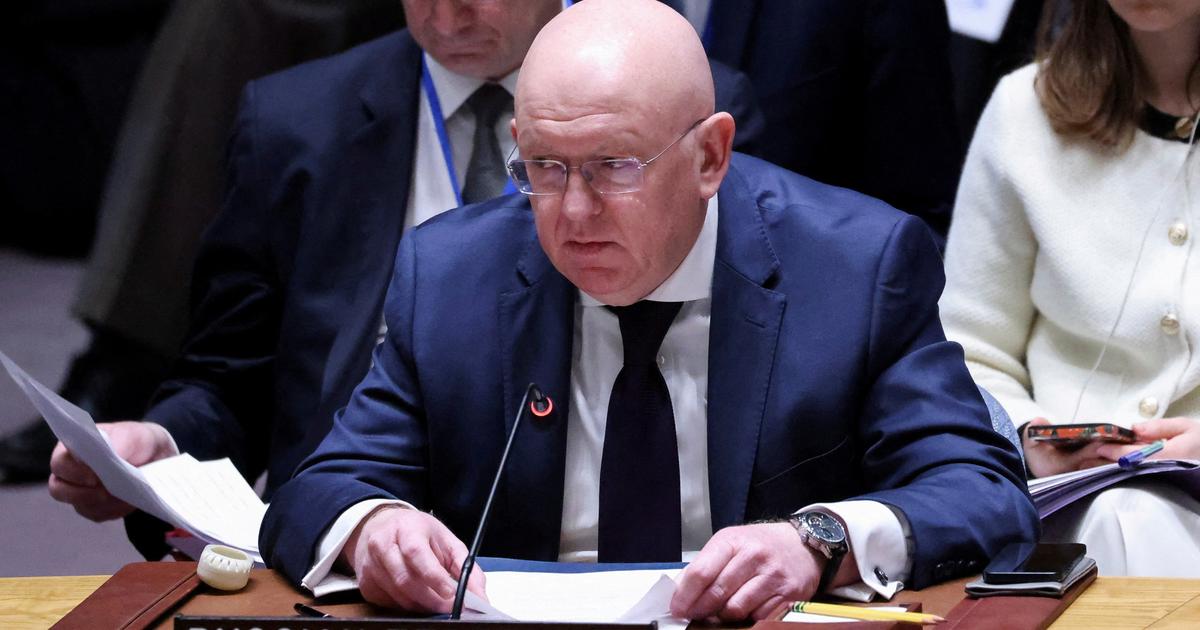Park Geun-hye, arriving at a court in Seoul in 2017.KIM HONG-JI (AFP)
Park Geun-hye, the former South Korean president dishonorably dismissed after uncovering the biggest influence peddling scandal in her country in decades, will be released on Friday after receiving a special New Year's pardon last week. Park went from being the image of progress to becoming the first leader deposed by popular pressure since the introduction of democracy. The case of the Ice Princess exacerbated friction between liberals and conservatives, some asperities that, just over three months before the presidential elections, the Moon Jae-in Administration aspires to iron out.
“We have to overcome the pain of the past and move into a new era. National unity and inclusion are necessary above all else, ”President Moon said last Friday, when the Justice Ministry announced that Park - the country's first head of state - would receive this pardon from which some have benefited. 700 prisoners to promote reconciliation. Park, a conservative and rival of the current president - who was forcefully imposed in the 2012 elections - has served four years and nine months behind bars of a 22-year sentence for corruption, abuse of power and coercion. Moon himself indicated that the health of the former president, 69, has been a weighty factor in releasing her,after she was transferred for the third time this year to a Seoul hospital in November for chronic lower back and shoulder pain.
Whether or not he deserved the pardon is already the subject of debate before the elections of March 9, 2022. Moon, who by law cannot run for reelection, had assured that he would not pardon those convicted of corruption, which is why some analysts see the decision as a politically calculated step.
Park, who claims to be the victim of revenge and has refused to go to court since October 2017, continues to enjoy some support, with frequent protests claiming his innocence.
The opposition People's Power Party applauded the pardon, while the candidate for the ruling Democratic Party, Lee Jae-myung, said he respected the decision, although he considered that the former president has not repented enough to deserve release. .
Conservative Yoon Suk-yeol is leading hotly contested polls.
"Very maligned"
Andrew Yeo, of the Brookings Institution think tank and director of Asian Studies at the Catholic University of America, in Washington, thinks that it is too early to know if it is a turning point in the deep political gap that exists in the country.
However, he believes that "by offering clemency to Park, a highly maligned figure among members of the ruling party, the Moon Administration is taking an important symbolic step."
The president, he adds, can take advantage of the decision to convince undecided voters and moderate conservatives to opt for his party, the Democratic.
Park Geun-hye, daughter of Park Chung-hee, the military dictator who ruled South Korea with an iron fist between 1961 and 1979, captivated the electorate with the image of the “daughter of the nation” that she had cultivated. His meteoric rise was driven by conservative sectors and sympathizers of his father, who consider him a hero who laid the foundations for the spectacular modernization of the Republic.
In 2012, a woman's first electoral victory in South Korea brought hope for advancement in a country that today has the lowest gender equality score of any major economy. Park's strong and distant character, as well as her apparent lack of family attachment - she never married and was estranged from her brothers, according to her, to avoid more than frequent plots in the political class - earned her the nickname of the Princess of ice, which was emerging as an incorruptible leader when governing the nation.
All that popularity fell through the floors in 2016, when his involvement in the
South Korean
Rasputina
plot was revealed
, a mixture of allegations of abuse of power and bribery that turned into a media circus. An entrepreneur and Park confidante, Choi Soon-sil, had exerted enormous influence over the former president, to the point that many state decisions passed through her hands, without holding any public office. The two close friends had collaborated to create a network of favors with which to extort money from the country's large business conglomerates (known as
chaebol
), such as Samsung, Lotte or Hyundai.
In December 2016, after months of protests in which hundreds of thousands of people took to the streets demanding his resignation, his own party launched a political trial against him. The National Assembly approved his dismissal and, three months later, the Constitutional Court confirmed the decision. In 2018, she was sentenced to 24 years in prison, a ruling that was reduced to 22 last January.
The scandal, plagued with arrests and convictions of dozens of public figures, exposed the deep conspiracy links that exist between the political class and the great families that control the multimillion-dollar South Korean economic groups.
Park's imprisonment also led to a deep division among conservatives - its formation, the Freedom Party of Korea, eventually disintegrated into several - and increased differences with other groups.
Follow all the international information on
and
, or in
our weekly newsletter
.

/cloudfront-eu-central-1.images.arcpublishing.com/prisa/S5WL74RCIG3IFODKBBVHWQGPY4.jpg)







